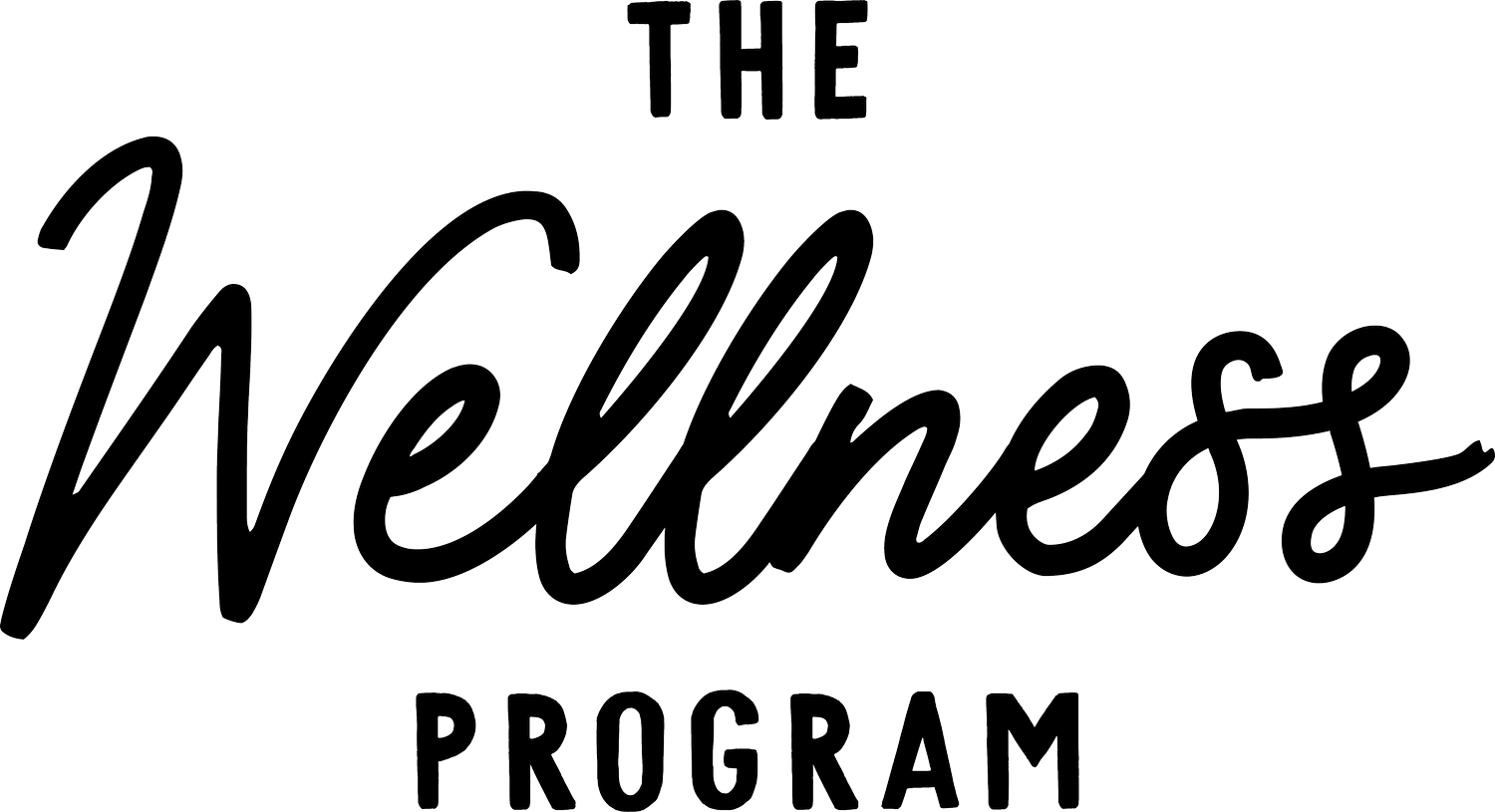Your Guide to Starting Therapy: What to Expect & How to Prepare
Starting therapy is an empowering step towards deeper self-awareness and emotional resilience. Whether you're exploring therapy for the first time or returning after a break, it’s normal to feel both curious and unsure about what to expect. This guide will walk you through the process to help you feel more confident and prepared.
Why Therapy?
Therapy is a supportive space to reflect, grow, and address challenges with the guidance of a trained professional. It’s about more than just talking—it’s an opportunity to gain insights, build resilience, and work toward meaningful goals. People seek therapy for a variety of reasons, such as managing stress or anxiety, processing difficult emotions, strengthening relationships, or enhancing self-awareness and confidence. Whether navigating a life transition or seeking deeper self-understanding, therapy is a valuable tool for personal growth and well-being.
What Happens in Therapy?
Every therapy experience is unique. At The Wellness Program, we aim to make therapy accessible, empowering, and personalized. Here are some elements you can expect:
A Warm Welcome
The initial session is often focused on getting to know you and understanding your needs. Your therapist might ask about your background, current challenges, as well as what you hope to achieve. This is also your opportunity to ask questions and assess whether the therapist is the right fit for you.
Building a Relationship
Over time, you and your therapist will develop a trusting, collaborative relationship. This foundation allows you to explore your thoughts and feelings in a safe, non-judgmental space.
Collaborative Goal Setting
Together, you will identify the areas or goals you’d like to work on. Sessions might involve exploring your thoughts and emotions, learning coping strategies, or practicing new skills. Whether it’s to manage anxiety or improve communication, your therapist will guide you in creating actionable steps. Progress may feel gradual, but measurable as you continue.
Ongoing Support
Therapy is a partnership, with the pace adjusted to your comfort level and needs. Your therapist will offer consistent support, guidance, and tools to help you navigate challenges and track your progress.
Preparing for Therapy:
Begining therapy can bring a mix of emotions. Taking a few steps to prepare can help you feel more at ease and ready for a productive and rewarding experience ahead. Here are some things to keep in mind:
Reflect on Your Needs and Goals
Consider what brought you to therapy. Are you dealing with stress, navigating a life transition, or seeking to better understand yourself? While it’s okay if you’re not entirely sure yet, having a sense of what you hope to achieve can provide a helpful starting point.
Be Open and Honest
Therapy works best when you approach it with honesty. It’s natural to feel hesitant at first, but sharing your experiences, even the difficult or confusing ones, can help your therapist support you more effectively. Trust takes time, so allow yourself to ease into the process.
Be Patient with Yourself and the Process
Growth in therapy is a journey, not a quick fix. Progress may take time, but even small wins are worth celebrating. Each session contributes to your long-term well-being, so commit to it with an open mind, even when it feels challenging.
Ask Questions
If you’re unsure about what to expect, need clarification or additional resources, don’t hesitate to ask your therapist. Understanding the process can help you feel more comfortable and engaged.
Prepare Between Sessions
Lastly, take time to reflect on what you’ve discussed in therapy and how it applies to your daily life. Jot down any thoughts, feelings, or questions that arise between sessions to share with your therapist.
By approaching therapy with an open mind, realistic expectations, and a willingness to explore, you create a strong foundation for meaningful progress. Therapy is a journey of self-care and growth, where every effort you make matters.
Choosing the Right Therapist for Yourself:
Selecting the right therapist is an important step. It may take time to find the right fit, and that's okay. Here are some things to consider:
Specialization and Approach
Look for a therapist with experience in areas that match your needs (e.g., anxiety, trauma, relationships) and an approach (e.g., CBT, mindfulness) that resonates with you.
Comfort and Compatibility
Therapy is not one-size-fits-all.
Everyone responds differently to various therapeutic styles. Some therapists are more structured, while others may be more conversational. Pay attention to whether the therapist's style feels supportive, encouraging, and comfortable for you. It's also important to find a therapist who is sensitive your cultural background and values.
Logistics
Consider practical factors like availability, session frequency, and cost. Make sure the therapist’s offerings align with your needs.
Taking Your First Step
Starting therapy can feel like a big step, but it’s a courageous and valuable one for your well-being. Whether you're seeking support during a difficult time or simply exploring therapy out of curiosity, know that it’s a personalized space tailored to suit your unique circumstances.
Visit our website to learn more, explore our services, or schedule your first session today. Your path to wellness begins here.

